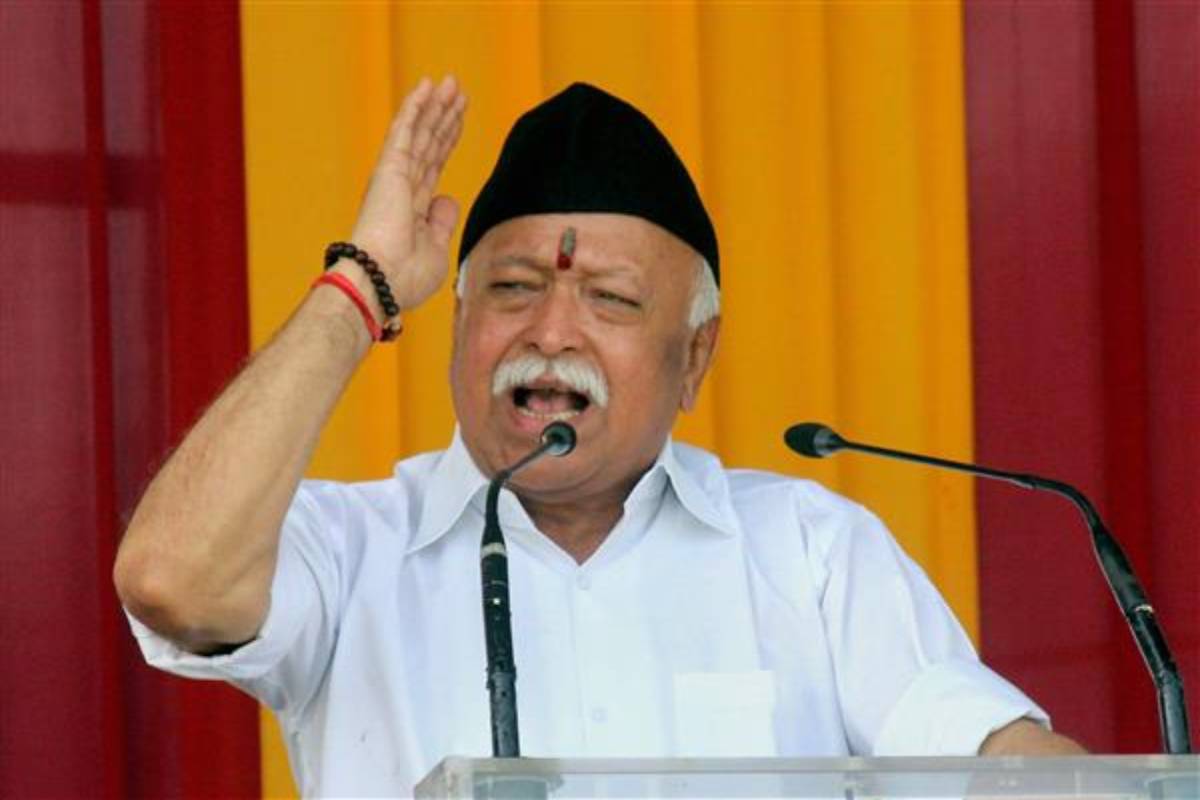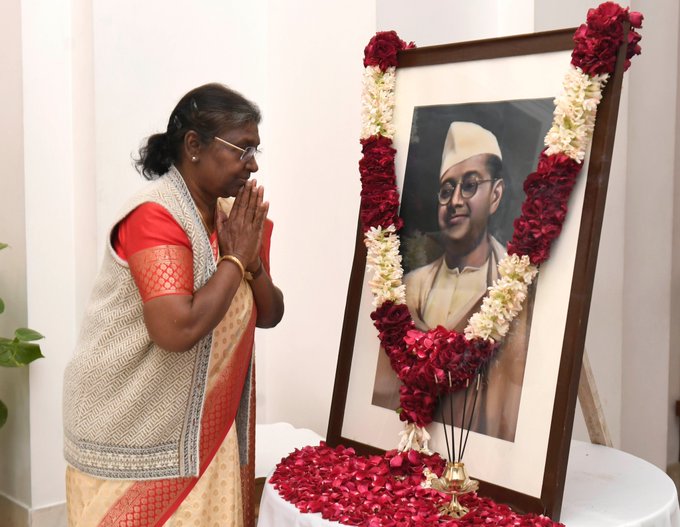Netaji Subhas Chandra Bose’s revolutionary path and Jharkhand connection
The peaceful, green landscapes of Ramgarh, nestled along the winding Damodar River, became an unexpected stage for a monumental event in India's struggle for independence.

The peaceful, green landscapes of Ramgarh, nestled along the winding Damodar River, became an unexpected stage for a monumental event in India's struggle for independence.

Tatini Haat brings tradition back to Hooghly

Prime Minister Narendra Modi led the nation in commemorating the birth anniversary of legendary freedom fighter Netaji Subhas Chandra Bose

Speaking on the occasion, Bhagwat also said that besides being a leader, Netaji was a “commander” in the true sense. “No one did anything for him.

On the occasion of Netaji’s birth anniversary, PM Modi, through a tweete, recalled “his unparalleled contribution to India’s history”. He wrote he was deeply influenced by his thoughts and working to realise his vision for India.
Demanding that his birth anniversary be declared a national holiday, Banerjee said Subhas Chandra Bose through his struggle has sent the message of respecting all faiths
Subhas Chandra Bose sought to provide an authoritarian character to the state but his objective was to combine a people's state with a strong centralized state. He wanted to promote collective affiliation of workers' and peasants' organisations so that the state could act as the servant of the people. Like the Marxists of China and unlike the Soviet Marxists, Subhas sought to trace the roots of Indian socialism to the tradition and culture of India.
A group of army veterans extended their support to members of Netaji Subhas Chandra Bose’s family who have raised objections to the claim that the iconic freedom fighter led his last years in hiding as ‘Gumnami Baba’ in Uttar Pradesh.
Tagore’s support for Subhas during this critical phase of national politics strengthened his zeal for gaining freedom for the country.
As the Congress was divided between supporters of Gandhi and Bose, Tagore advocated the latter’s cause with his write up Deshanayak or The Leader of the Country in May 1939: “I am a Bengali poet; on behalf of Bengal I hail you as the leader of the nation”.